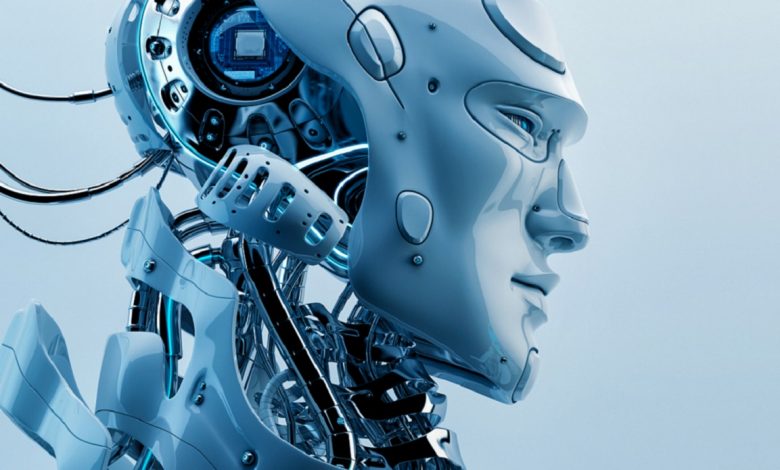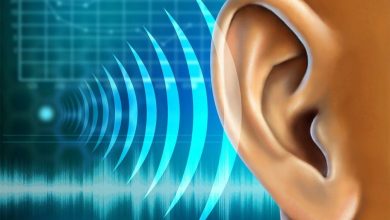Robotics and Autonomous Technologies: A Paradigm Shift in Industry and Society

The rapid evolution of robotics and autonomous technologies is reshaping industries, economies, and daily life. This article delves into the transformative impact of robotics and autonomy, exploring their applications, benefits, challenges, and future prospects. By examining key advancements, ethical considerations, and the potential societal implications, this article provides insights into how these technologies are revolutionizing various sectors and paving the way for a new era of innovation.
Introduction: Robotics and autonomous technologies have transcended science fiction to become integral components of modern society. This article investigates the profound influence of these technologies on industries, the workforce, and the way we interact with the world around us.
Applications and Advancements:
- Manufacturing and Automation: Robots have revolutionized manufacturing processes, leading to increased efficiency, precision, and scalability.
- Healthcare and Medicine: Autonomous systems are enhancing patient care through surgical robots, telemedicine, and AI-powered diagnostics.
- Transportation: Self-driving vehicles are poised to revolutionize transportation, improving safety, reducing congestion, and enhancing accessibility.
- Agriculture: Robotic automation is optimizing farming practices, enabling precision agriculture and sustainable resource management.
- Space Exploration: Robots and rovers are expanding our understanding of the universe by exploring distant planets and celestial bodies.
Benefits and Impact:
- Increased Efficiency: Robots and autonomous systems streamline tasks, leading to higher productivity and reduced operational costs.
- Safety Enhancement: Robots can perform hazardous tasks in environments unsuitable for humans, minimizing risks to human workers.
- Labor Market Transformation: While automation may disrupt certain jobs, it can also create new opportunities and shift the workforce toward higher-skilled roles.
- Medical Breakthroughs: Robotic surgery and medical devices are enhancing surgical precision and reducing patient recovery times.
- Environmental Sustainability: Autonomous technologies enable better resource management, leading to reduced waste and environmental impact.
Ethical Considerations:
- Human-Machine Interaction: Ensuring safe and intuitive interactions between humans and robots is essential to prevent accidents and promote user acceptance.
- Job Displacement: Addressing the potential impact of automation on employment requires proactive measures such as reskilling and workforce development.
- Privacy and Data Security: Autonomous systems may collect and transmit sensitive data, raising concerns about privacy and cybersecurity.
Societal Implications:
- Social Acceptance: Public perception and acceptance of robots and autonomous technologies play a crucial role in their integration into daily life.
- Regulatory Frameworks: Developing ethical and legal guidelines is essential to ensure the responsible and safe deployment of these technologies.
- Economic Restructuring: The widespread adoption of robotics may necessitate economic adjustments and innovative approaches to wealth distribution.
Future Prospects:
- Human-Robot Collaboration: The future is likely to involve closer collaboration between humans and robots, combining human creativity and intuition with robotic precision and efficiency.
- Technological Convergence: Robotics, AI, and other emerging technologies will continue to converge, leading to even more advanced and capable autonomous systems.
Robotics and autonomous technologies are driving a transformative shift across industries and society at large. Embracing these technologies responsibly, addressing ethical considerations, and harnessing their potential for positive change will be essential in shaping a future where humans and machines collaborate to create a safer, more efficient, and innovative world.
The Future Role of Robots: Transforming Industries and Shaping Society
The integration of robots into various aspects of our lives is poised to bring about a profound transformation. This article explores the evolving role of robots in different industries and their impact on society as a whole. By examining key trends, applications, challenges, and ethical considerations, this article provides insights into the dynamic and ever-expanding role that robots are likely to play in the future.
Introduction: The rapid advancement of robotic technologies is reshaping the way we work, live, and interact. This article delves into the anticipated role of robots in the future, highlighting their potential to revolutionize industries and contribute to the advancement of society.
Robotics in Industry:
- Manufacturing and Automation: Robots are expected to continue playing a pivotal role in manufacturing, contributing to increased efficiency, precision, and scalability in production processes.
- Healthcare and Medicine: Robotic applications will expand in healthcare, assisting in surgery, diagnostics, rehabilitation, and patient care, thereby enhancing medical outcomes.
- Logistics and Warehousing: Robots will streamline logistics operations through autonomous vehicles, drones, and robotic warehouses, enabling faster and more accurate deliveries.
- Agriculture: The agricultural sector will witness increased automation, with robots assisting in planting, harvesting, and monitoring crops for optimized resource management.
Impact on Workforce:
- Collaborative Work Environments: Robots will work alongside human employees, augmenting their capabilities and contributing to more productive and creative work environments.
- Skills and Training: The workforce will need to acquire new skills to adapt to the changing job landscape, focusing on roles that require creativity, problem-solving, and human interaction.
- Job Creation and Transformation: While some jobs may be automated, the rise of robotics is likely to create new opportunities in fields such as robotics design, programming, and maintenance.
Challenges and Considerations:
- Ethical Dilemmas: The development of autonomous robots raises ethical questions about accountability, decision-making, and potential biases in AI algorithms.
- Privacy and Data Security: As robots become more integrated into daily life, safeguarding personal data and ensuring privacy will become critical concerns.
- Human-Machine Interaction: Ensuring seamless and intuitive interactions between humans and robots is essential for user acceptance and effective collaboration.
Societal Implications:
- Healthcare Revolution: Robotics will revolutionize healthcare delivery, enhancing patient outcomes, enabling remote care, and addressing healthcare worker shortages.
- Sustainable Agriculture: The deployment of robots in agriculture will contribute to sustainable practices, optimized resource utilization, and reduced environmental impact.
- Urban Mobility: Robotic technologies are likely to play a vital role in shaping future transportation systems, including self-driving vehicles and smart city infrastructure.
Education and Adoption:
- STEM Education: Preparing the younger generation with strong foundations in science, technology, engineering, and mathematics (STEM) will be crucial to drive innovation in robotics.
- Public Acceptance: Raising awareness and fostering public trust in robots will be essential to ensure their seamless integration into society.
The role of robots in the future promises to be transformative, encompassing a wide range of industries and aspects of daily life. By addressing ethical concerns, encouraging innovation, and promoting collaboration between humans and machines, society can harness the potential of robots to drive progress, improve efficiency, and create a more inclusive and technologically advanced future.
















